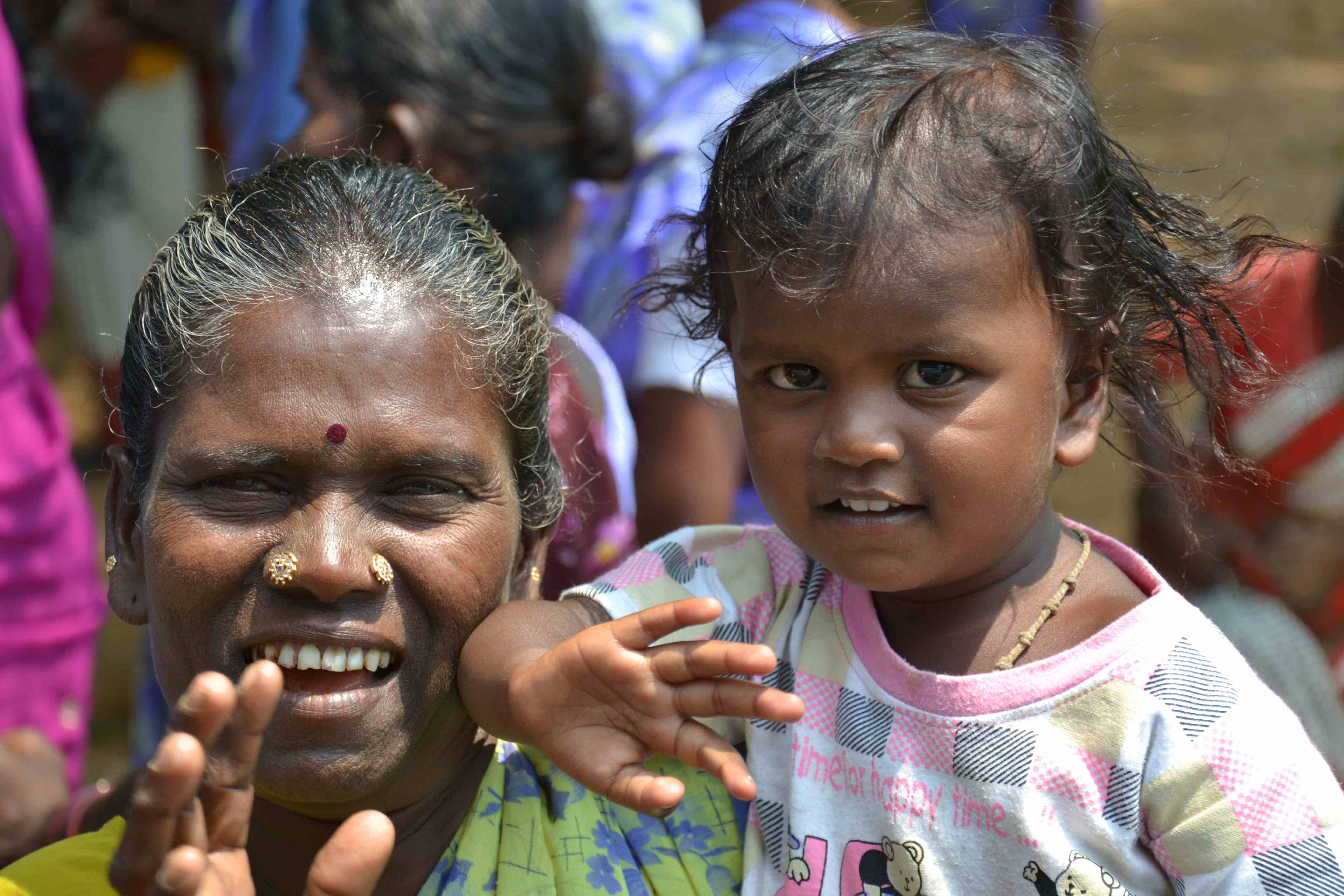Wounding slippage

Last week, the Human Development Report (HDR), released by the United Nations Development Programme (UNDP), ranked India 132 out of 191 countries — its ranking slipping by one place against that in the previous year. The slippage in India's already low ranking should press policymakers to intensify their focus on developing human capital. The UNDP report outlined that India's dip in HDI score reflects a global trend wherein 90 per cent of countries have fallen backwards in human development. More important than the reason, however, is the outcome. Objectively, India has slipped and the gap needs to be filled with a sense of urgency. India's HDI ranking is not just low in comparison to developed nations, but also many developing nations. China, for instance, with its 79th rank, is way ahead of India. Another concerning issue is that India's HDI score, adjusted for inequality, has come down by a whopping 25 per cent. The fact is that India's condition is worse than what appears. As reality stands today, the utility of humans is measured in terms of human capital — the only capital that breathes and has conscience! The vitality of this living capital to national and global development is paramount. The days are long gone when governments had to invest in citizens from a crude welfare perspective. It is today seen as an 'investment' that has direct correlation with economic growth. Human capital is the "most crucial component" of the "processes that determine the long-term macroeconomic structure of the world economies." India, which boasts of a rich demographic dividend, is clearly failing to augment and utilize its human resources. Human development is a composite index that factors in aspects like health, education and income of people. The specific parameters of HDI include — life expectancy at birth, mean years of schooling, expected years of schooling, and Gross National Income (GNI) per capita. India's HDI score has slipped from 0.645 in 2018 to 0.633 in 2021. Currently, India's life expectancy at birth stands at 67.2 years — down from 70.7 years in 2018. India's expected years of schooling is 11.9 years, the mean years of schooling is 6.7 years, and the GNI per capita is USD 6,590. The global GNI per capita stands at USD 26,752 while that of first-ranked Switzerland is USD 66,933. Global life expectancy at birth is 71.4 years while that of Switzerland is 84 years. Global HDI score is 0.732 and that of Switzerland is 0.962. These comparisons show that India has to go a long way in terms of human development. Further, as stated earlier, India's HDI, when adjusted for inequality, declined by 25 per cent. It effectively means that while India has made significant gains over the past few decades, the benefits are largely accrued to a small section of population. Also, India's HDI can be adjusted for planetary pressures — broadly related to climate change and emission efforts. These adjustments are pertinent as, be it inequality or climate change, these factors are affecting humans on a day-to-day basis. In this light, it will be a grave fault to look at millions deprived in India — of proper education, health and stable income — solely from the human capital perspective. Central and state governments in India have the dual task of strengthening their human capital and, at the same time, retaining an element of sensitivity towards the people. Inequality, particularly in the wake of ongoing global crises, needs to be addressed sooner. It has a major bearing on the health and education of deprived classes. As per an Oxfam report, children in advanced economies accounted for a loss of an average 15 days of school in 2020 due to the pandemic. The number increased to an average of 45 days lost for emerging-market economies, and the value stood at 72 for children in the poorest nations. Slippage in HDI ranking and score is not just loss of numbers. Global crises, including the pandemic and the Russia-Ukraine war, have undone the slow and steady progress made over years. It will take paramount efforts to regain those achievements. Efforts in this direction should not wait.



